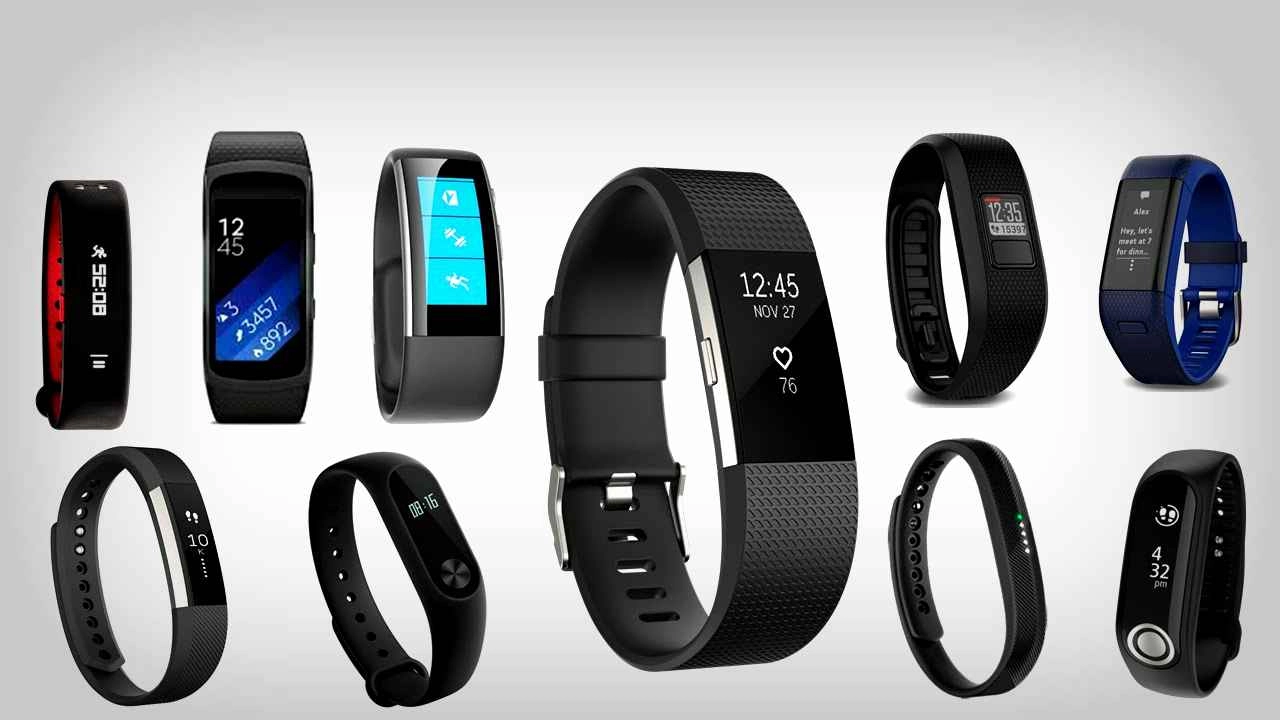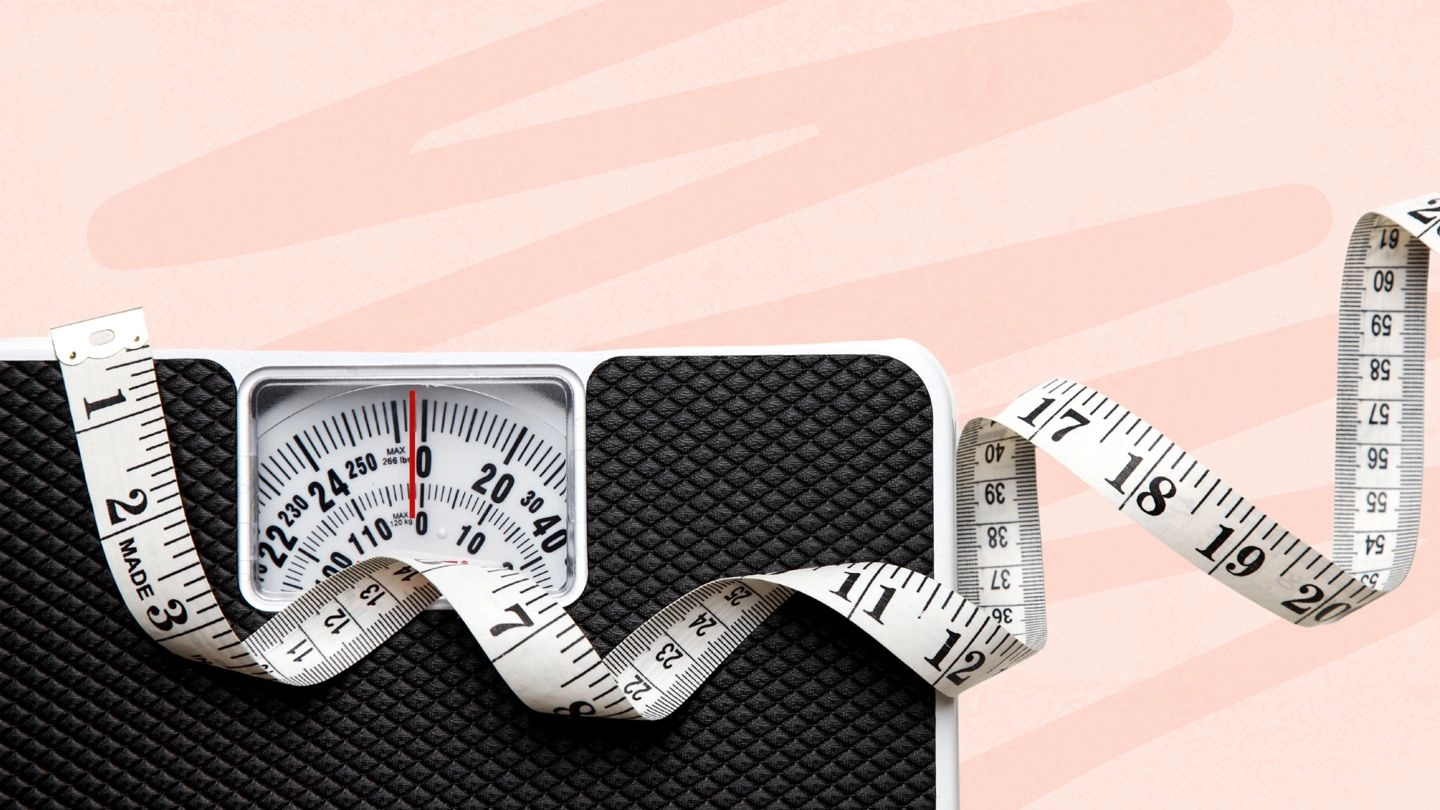The Ultimate Guide to Choosing the Right Fitness Tracker

Navigate the maze of fitness trackers to find the perfect fit for your lifestyle and goals.
In today's digital age, fitness trackers have become ubiquitous accessories for health-conscious individuals. These wearable gadgets offer a plethora of features designed to monitor and enhance various aspects of fitness and overall well-being. However, with countless options available on the market, choosing the right fitness tracker can be overwhelming. To help you navigate this maze and find the perfect fit for your lifestyle and goals, we've compiled the ultimate guide to selecting a fitness tracker.
Identify Your Fitness Goals
Before diving into the world of fitness trackers, take a moment to define your fitness goals. Are you looking to lose weight, improve cardiovascular health, track daily activity, or enhance athletic performance? Understanding your objectives will help narrow down the features and capabilities you need in a fitness tracker.
Consider Your Lifestyle
Evaluate your daily routine, activities, and environment to determine the most suitable type of fitness tracker for your lifestyle. If you lead an active lifestyle and engage in a variety of sports and outdoor activities, opt for a rugged and waterproof tracker with GPS capabilities. On the other hand, if you spend most of your time indoors and prioritize everyday activity tracking, a sleek and lightweight tracker with basic features may suffice.
Assess Features and Functions
Take a close look at the features and functions offered by different fitness trackers to ensure they align with your needs and preferences. Let's explore some popular fitness trackers and their standout features:
Fitbit Charge 5
With advanced health and fitness tracking features, including built-in GPS, heart rate monitoring, sleep tracking, and SpO2 measurement, the Fitbit Charge 5 is a versatile option for everyday use. Its sleek design, long battery life, and vibrant AMOLED display make it a favorite among fitness enthusiasts.
Garmin Forerunner 945
Designed for serious athletes and outdoor adventurers, the Garmin Forerunner 945 offers comprehensive activity tracking, performance analytics, and mapping features. With advanced metrics like VO2 max estimation, training load analysis, and recovery advisor, it's the ultimate companion for optimizing training and achieving peak performance.
Apple Watch Series 7
Combining fitness tracking with smartwatch functionality, the Apple Watch Series 7 offers a wide range of health and wellness features, including heart rate monitoring, ECG measurement, blood oxygen monitoring, and sleep tracking. Its intuitive interface, customizable watch faces, and seamless integration with iOS devices make it a top choice for Apple enthusiasts.
Evaluate Accuracy and Reliability
Accuracy and reliability are crucial factors to consider when choosing a fitness tracker, especially if you rely on its data to track progress and make informed decisions about your health and fitness. Read reviews, consult expert opinions, and test the accuracy of the tracker's sensors and algorithms to ensure reliable performance in various conditions and activities.
Assess Compatibility and Connectivity
Ensure that the fitness tracker you choose is compatible with your smartphone, tablet, or computer operating system. Whether you use iOS or Android, make sure the tracker's companion app is available and well-supported on your device. Additionally, consider the connectivity options provided, such as Bluetooth, Wi-Fi, or NFC, for seamless data syncing and software updates.
Evaluate Battery Life and Charging
Battery life is another crucial factor to consider when choosing a fitness tracker, especially if you prefer a low-maintenance device that doesn't require frequent charging. Assess the advertised battery life and real-world user experiences to determine if the tracker can last through your typical usage patterns without constant recharging. Additionally, consider the charging mechanism and ease of use, whether it's via USB cable, charging dock, or replaceable batteries.
Review Design and Comfort
Since you'll be wearing the fitness tracker for extended periods, it's essential to consider its design, comfort, and aesthetics. Look for a tracker with a comfortable and adjustable wristband or clip that fits securely without causing irritation or discomfort. Assess the durability and build quality of the tracker, especially if you lead an active lifestyle or engage in vigorous workouts.
Compare Price and Value
Finally, compare the price and value proposition of different fitness trackers to ensure you're getting the best bang for your buck. While budget-friendly options may offer basic functionality, higher-end models often come with advanced features, premium materials, and better build quality. Consider your budget constraints, long-term fitness goals, and desired features to strike the right balance between affordability and functionality.
In conclusion, choosing the right fitness tracker requires careful consideration of your fitness goals, lifestyle, preferences, and budget. By following this ultimate guide and conducting thorough research, you can navigate the maze of fitness trackers with confidence and find the perfect fit for your unique needs. So, whether you're a fitness enthusiast, casual exerciser, or health-conscious individual, empower yourself with the right tools to track progress, stay motivated, and achieve your wellness goals.






